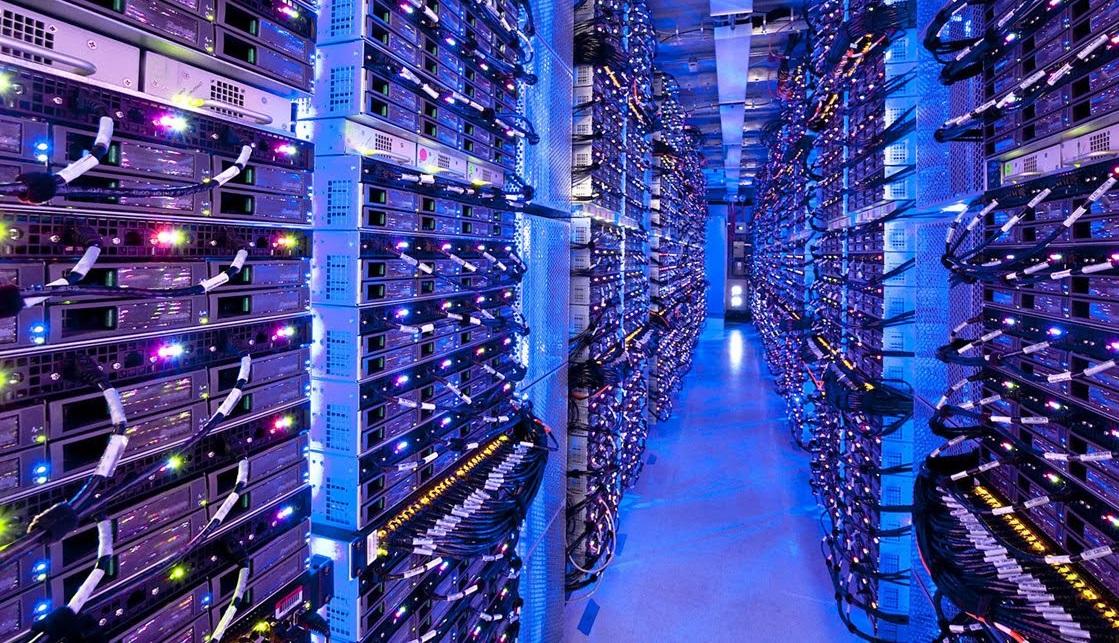By David Liggitt · 12/2/2015

Chicago is one of North America's top five data center markets. Data center users and providers have been very active in Chicago over the last twelve months. Much of the Chicago market's data center activity in two distinct regions: Downtown Chicago and the western suburbs.
Like most big cities, downtown Chicago attracts data center users able to afford the higher overall costs of doing business within the urban core. While several notable data center operators are located downtown, most of the Chicago data center market activity as of late is occurring in the western suburbs, such as Elk Grove Village and Franklin Park where providers have more room to build large colocation facilities.
There are several economic factors helping Chicago maintain the status of a data center market leader:
- Competitive power cost – While electricity costs more in Chicago than in some other data center markets in the Central US, it's still less than in other comparably-sized American cities on the East and West Coast
- Concentration of large corporations – Federal Reserve Bank Senior Economist Rick Mattoon noted in January 2015 that 35 firms headquartered in the greater Chicago area are listed in the Fortune 500. Many other companies choose to locate strategic regional hubs in the Chicago market as well
- Increased construction spending – Over the past 12 months, a $9.1 billion revitalization of downtown Chicago caused JLL to rank the city as 8th in the world for commercial real estate investment
Chicago's central location, industrial base, and population density makes it a perfect hub for telecommunication providers. Several Internet exchanges are based in Chicago, creating a hub for cloud computing, software-as-a-service (SaaS), and digital content delivery services to a large portion of the United States. However, Chicago politicians recently approved levying a 9% tax on local consumers of subscription cloud services such as Netflix, Spotify, and Xbox Live. Because enforcement of this so-called "Netflix Tax" on consumers will also add a compliance burden on the companies that deliver the services, data center users and operators should be aware of these potential added costs.
Chicago Colocation Supply Update
- Digital Realty – Digital Realty invests significantly in this market and own one of the world's biggest carrier hotels, 350 East Cermak, located in downtown Chicago. Housing a mix of data center and office tenants, the eight-story, 1.1 million SF building can provide over 100 MW of total utility power through three electric feeds. They house additional users at 600 South Federal, another colocation facility located approximately two miles away. In the suburbs, Digital Realty owns and operates "Digital Chicago," a 23-acre data center campus in the Village at Franklin Park, a 30-minute drive west of Chicago. Digital Chicago houses three data center buildings served by multiple utility substations and fiber providers with direct connectivity to both of Digital Realty's downtown properties—a key feature of Digital Realty's Connected Campus initiative. Digital Realty just completed a 7+ MW transaction with a global cloud computing/SaaS provider at the site, spurring Digital Realty to begin the process of adding capacity to the Digital Chicago campus
- DuPont Fabros – DuPont Fabros operates two large carrier-neutral facilities in the Chicago area, both in the suburb of Elk Grove. Their massive CH1 data center on 2200 Busse Road is 100% leased. In response to this market demand, DuPont Fabros opened CH2, their data center located down the road from CH1 on a 15-acre land site at 2299 Busse. DuPont Fabros purchased a 9.7-acre parcel of land adjacent to CH2 in August 2015 for $8.6 million. The company is in the process of finalizing the design for the new CH3 data center; planning for 22 MWs of critical load and approximately 120,000 SF of space for server racks
- CoreSite – CoreSite's CH1 is a 178,000 SF carrier-neutral data center located at the CoreSite-owned 427 LaSalle building in downtown Chicago. CH1 leverages the same highly-reliable utility power and network fiber rings that serve the Chicago Board of Trade offices next door. CoreSite recently completed construction on 12,000 SF of additional capacity in CH1 (of which 54% is pre-leased) with a targeted commencement date in Q4 2015
- QTS – Currently under construction on a 30-acre site, QTS's 2800 South Ashland data center is the 317,000 SF former printing facility for the Chicago Sun-Times newspaper. The facility is located a few miles south of the Financial District in downtown Chicago and was purchased in Q3 of 2014 for $18 million. A phased redevelopment of the building targets an opening in H2 2016 by delivering approximately 4 MW of commissioned power and 48,000 SF of commissioned data center space
- 1547 Realty – In Q3 2015, the 1547 Realty Group purchased the Schulze Baking Company building at 40 East Garfield Boulevard on Chicago's south side. 1547 plans to leverage the building's robust electrical infrastructure, proximity to major fiber lines, and lowered tax burden due to the area's designation as an enterprise zone to develop a multi-story data center space. The first phase of the data center is scheduled for completion in 2017
- Other Providers Active in the Market – Ascent, ByteGrid, CenturyLink, Continuum, and Equinix
Overall, Chicago is a healthy data center market with a good balance of data center requirements coming from both outside and inside the market. For companies in the financial, technology, telecom, insurance, and healthcare industries, Chicago should be near the top of the list for any data center solution. To find real-time information about the Chicago data center market, register for a no-risk free trial of datacenterHawk's subscription service at https://www.datacenterhawk.com/register
